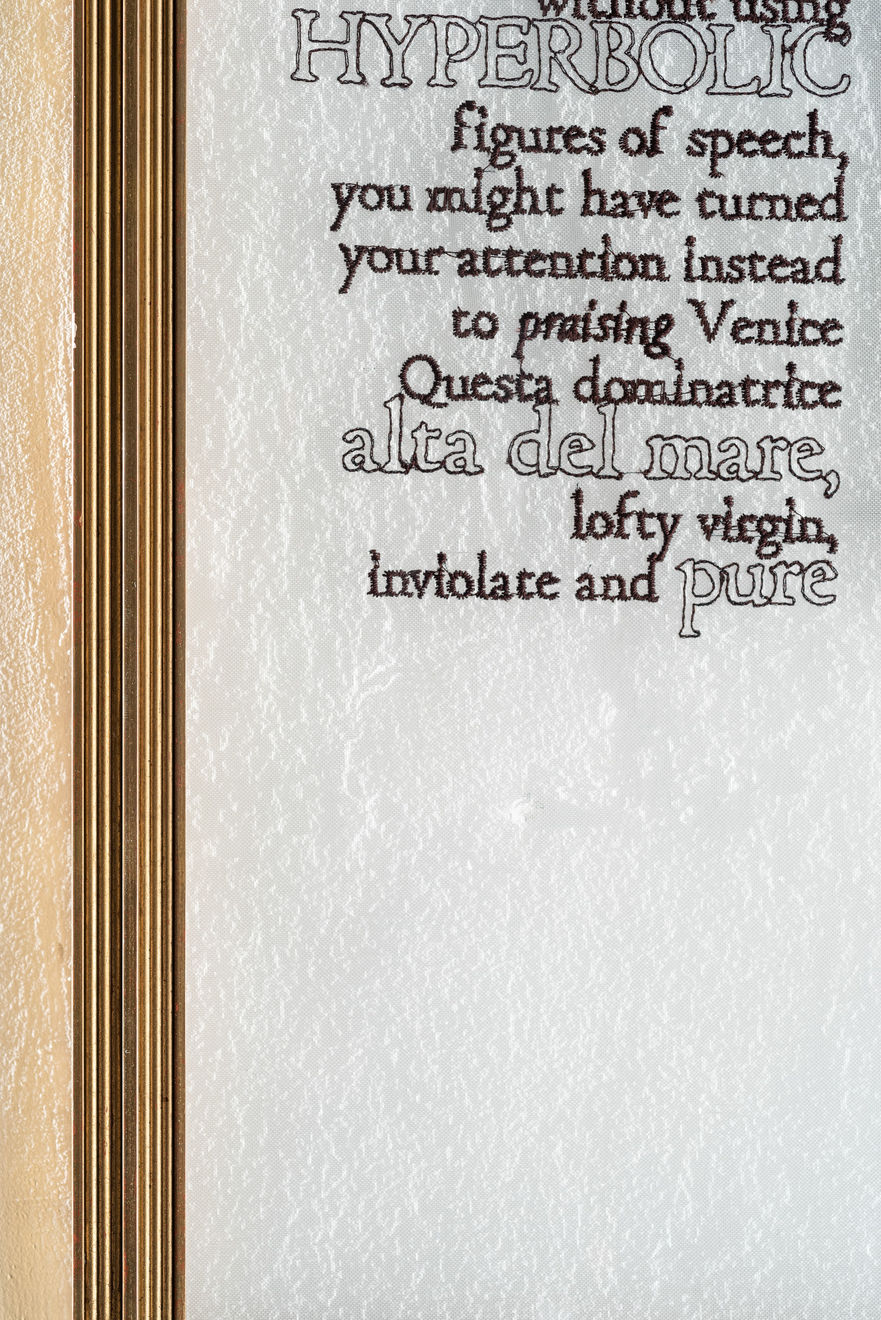Open a larger version of the following image in a popup:
 Photography by Jonas Bliškevičius
Photography by Jonas Bliškevičius
 Photography by Jonas Bliškevičius
Photography by Jonas Bliškevičius
Open a larger version of the following image in a popup:
 Photography by Jonas Bliškevičius
Photography by Jonas Bliškevičius
 Photography by Jonas Bliškevičius
Photography by Jonas Bliškevičius
Open a larger version of the following image in a popup:
 Photography by Jonas Bliškevičius
Photography by Jonas Bliškevičius
 Photography by Jonas Bliškevičius
Photography by Jonas Bliškevičius
Open a larger version of the following image in a popup:
 Photography by Jonas Bliškevičius
Photography by Jonas Bliškevičius
 Photography by Jonas Bliškevičius
Photography by Jonas Bliškevičius
Open a larger version of the following image in a popup:
 Photography by Jonas Bliškevičius
Photography by Jonas Bliškevičius
 Photography by Jonas Bliškevičius
Photography by Jonas Bliškevičius
Open a larger version of the following image in a popup:
 Photography by Jonas Bliškevičius
Photography by Jonas Bliškevičius
 Photography by Jonas Bliškevičius
Photography by Jonas Bliškevičius
Goda Palekaitė Lithuanian, b. 1987
Without running on, 2023
Organzos audinys, medvilniniai siūlai, siuvinėjimas mašina /
Organza fabric, cotton thread, machine embroidery
Organza fabric, cotton thread, machine embroidery
Edition of 3 plus 1 artist's proof
Further images
'Without running on' is a part of Goda Palekaitė|s work Medusa’s Baldaquin. In Greek mythology, Medusa, one of the monsters or Gorgons, symbolises feminine power and survival as well as...
"Without running on" is a part of Goda Palekaitė|s work Medusa’s Baldaquin.
In Greek mythology, Medusa, one of the monsters or Gorgons, symbolises feminine power and survival as well as danger and rape. A woman would have to carry Medusa’s image or have its tattoo as a sign that she is a victim of rape, and as a means of protection from further assaults. It was Poseidon who raped Medusa in the goddess Athena’s temple and remained unpunished. Instead, Athena punished the victim for desecrating her sacred space by cursing Medusa with a head full of snakes and a gaze that turns men to stone. Similarly, for nearly two millennia in Christian Europe, the rape of a courtesan could easily go unpunished.
In Medusa’s Baldaquin, Palekaitė addresses the history of courtesans through the words of two sex workers and writers, Veronica Franco and Grisélidis Réal. The fragments of their poems, machine-embroidered on transparent fabric, invite one to wonder about the spheres and spaces of female labour: embroidery and textile work have always been considered feminine activities, just like prostitution; writing, on the other hand, has not. Veronica Franco (1546-1591), perhaps the most influential courtesan and poetess in 1
16th-century Italy, worked her way to the class of cortigiana onesta (honest, or honoured courtesan), enjoying the social status of a celebrity, though simultaneously remaining dependent on the protection of powerful men in an oppressive legal system that tried her for witchcraft. Four hundred years later, Grisélidis Réal (1929-2005), a Swiss-born prostitute, writer and a sex-workers’ rights activist, it seems, struggled through a similar path towards safety, respect and recognition. The oldest profession in the world, the mastery of intimacy, is, until now, one of the most stigmatised, precarious, and dangerous occupations; like ghostly Medusa’s head, levitating above the limits of our tolerance and justice.
Produced with the assistance of Paloma Bouhana and Roxane Vandenreyt.
In Greek mythology, Medusa, one of the monsters or Gorgons, symbolises feminine power and survival as well as danger and rape. A woman would have to carry Medusa’s image or have its tattoo as a sign that she is a victim of rape, and as a means of protection from further assaults. It was Poseidon who raped Medusa in the goddess Athena’s temple and remained unpunished. Instead, Athena punished the victim for desecrating her sacred space by cursing Medusa with a head full of snakes and a gaze that turns men to stone. Similarly, for nearly two millennia in Christian Europe, the rape of a courtesan could easily go unpunished.
In Medusa’s Baldaquin, Palekaitė addresses the history of courtesans through the words of two sex workers and writers, Veronica Franco and Grisélidis Réal. The fragments of their poems, machine-embroidered on transparent fabric, invite one to wonder about the spheres and spaces of female labour: embroidery and textile work have always been considered feminine activities, just like prostitution; writing, on the other hand, has not. Veronica Franco (1546-1591), perhaps the most influential courtesan and poetess in 1
16th-century Italy, worked her way to the class of cortigiana onesta (honest, or honoured courtesan), enjoying the social status of a celebrity, though simultaneously remaining dependent on the protection of powerful men in an oppressive legal system that tried her for witchcraft. Four hundred years later, Grisélidis Réal (1929-2005), a Swiss-born prostitute, writer and a sex-workers’ rights activist, it seems, struggled through a similar path towards safety, respect and recognition. The oldest profession in the world, the mastery of intimacy, is, until now, one of the most stigmatised, precarious, and dangerous occupations; like ghostly Medusa’s head, levitating above the limits of our tolerance and justice.
Produced with the assistance of Paloma Bouhana and Roxane Vandenreyt.








